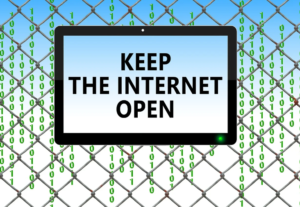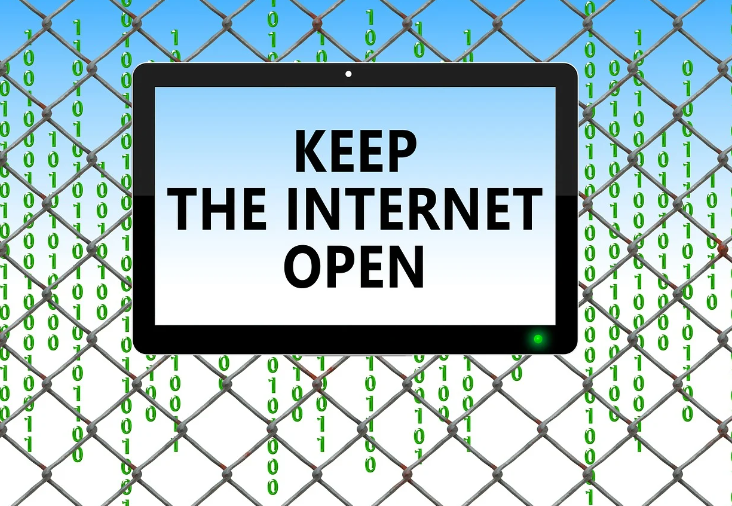The Federal Communications Commission (FCC) of the United States made a crucial decision on Thursday, voting 3-2 to restore net neutrality regulations that were weakened under the Trump administration. Within the technology and telecoms industries, this judgment has sparked both joy and outrage as it represents a turning point in the continuing debate over internet rules.
The plan, supported by Democratic FCC Chairwoman Jessica Rosenworcel, seeks to bring back the open internet regulations that were put in place in 2015. These regulations guarantee equal and unfettered access to online content by prohibiting internet service providers from slowing or restricting traffic in addition to charging for fast lanes. The FCC took action in response to worries that internet service providers would favor some material over others in accordance with business arrangements, possibly resulting in a tier-based online experience.
Net neutrality proponents contend that access to fast and dependable broadband is a basic human right, requiring government protection for both homes and enterprises. In order to provide equitable access to internet services for all users, Rosenworcel’s plan aims to implement these principles through “enforceable bright-line rules.”

Critics of the FCC’s decision, mostly from the Republican side, see it as an abuse of administrative authority. The top Republican commissioner on the FCC, Brendan Carr, argued that the broadband market is doing well, citing recent improvements in speeds, lower costs, and more competition. He argued against needless regulation and encouraged the government to reevaluate its position.
The FCC’s action coincides with a wider change in the business. Restoring net neutrality has been a primary goal for the Biden administration, which is a significant departure from the previous administration’s positions. The FCC was urged by President Biden’s executive order from July 2021 to review and reestablish the net neutrality regulations that were first implemented during the administration of President Barack Obama.
The FCC’s decision is a big step forward, but it is not without difficulties. Before the final vote, the idea will be subject to a discussion period that runs into the new year. It is anticipated that Rosenworcel’s motion would win out due to the Democratic majority of 3 to 2. On the other hand, opponents of the reestablished net neutrality laws are expected to file legal challenges, which will guarantee that the topic stays controversial and the subject of continuous discussion.
The FCC’s action highlights how crucial it is to create laws that strike a balance between the interests of users, internet service providers, and content creators in order to shape online accessibility and justice going forward. This is especially important as the internet landscape continues to change.
